Jeezy’s latest album, “I Might Forgive… But I Don’t Forget,” may not be the ideal starting point for newcomers to his discography. The extensive double album spans 29 tracks, lacks features, and solidifies Jeezy’s position as a key innovator in the trap genre. It delves into early career moments, struggles during his rise, and the world he’s built since his breakthrough with 2005’s “Let’s Get It: Thug Motivation 101.”
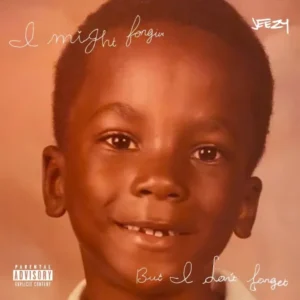
While Jeezy reflects on success and celebrates victories, he occasionally questions why, despite triumphs, he still desires more. What’s often overlooked is Jeezy’s humor, evident even when dealing with weighty topics or past traumas. Amidst turbulent rhymes, he seeks moments that elicit laughter or have the entire club rapping along. The album opens with “I Might Forgive,” featuring typical Jeezy elements—menacing synths and orchestral arrangements. Here, Jeezy dismisses critics who claim his career is over, emphasizing that his hits originate from the streets, not radio. In his offbeat charm, he raps about his wealth and indulges in unconventional concepts.
On “This too Shall Pass,” Jeezy narrates a federal raid with vivid detail, showcasing his narrative prowess. Despite the album’s satisfying depth, its length exposes weaker tracks, like the awkward “Don’t Cheat” and repetitive themes in “Everything About Me is True.” “I Might Forgive” offers a comprehensive look into Jeezy’s life, from early trapping days to his current state of forgiveness without forgetting. While the album is a behemoth and its overarching statement remains unclear, it highlights Jeezy’s independence and creative freedom, with mid Jeezy still delivering notable peaks.


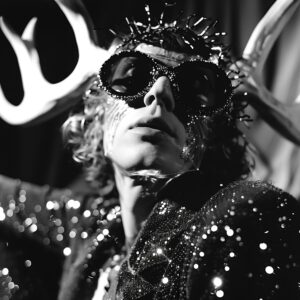



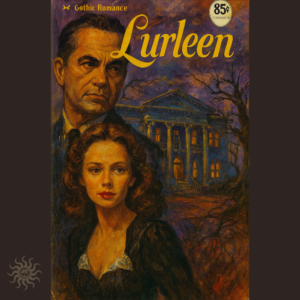



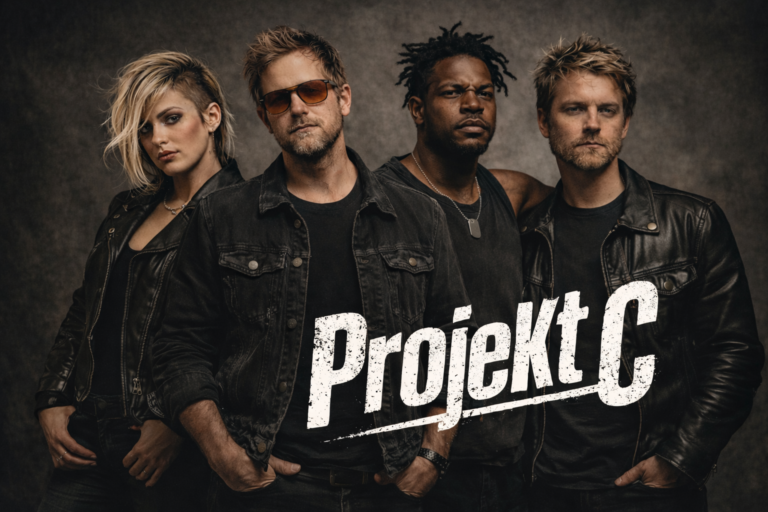

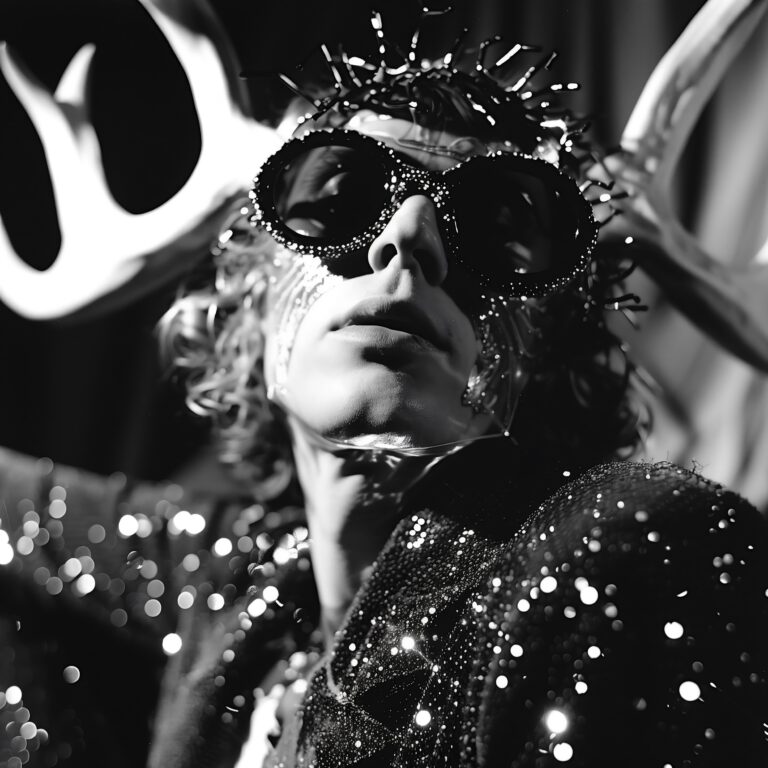





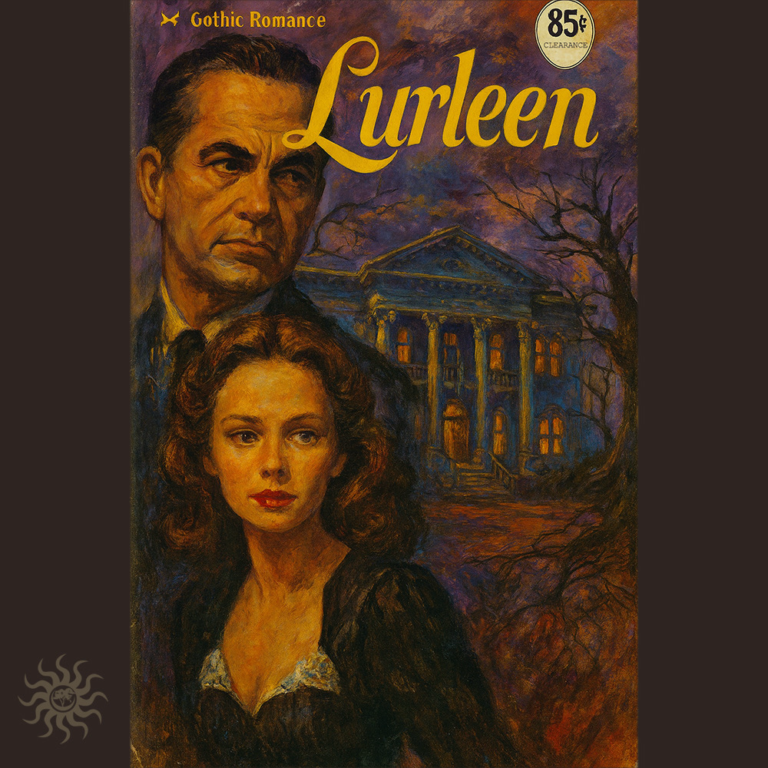

+ There are no comments
Add yours